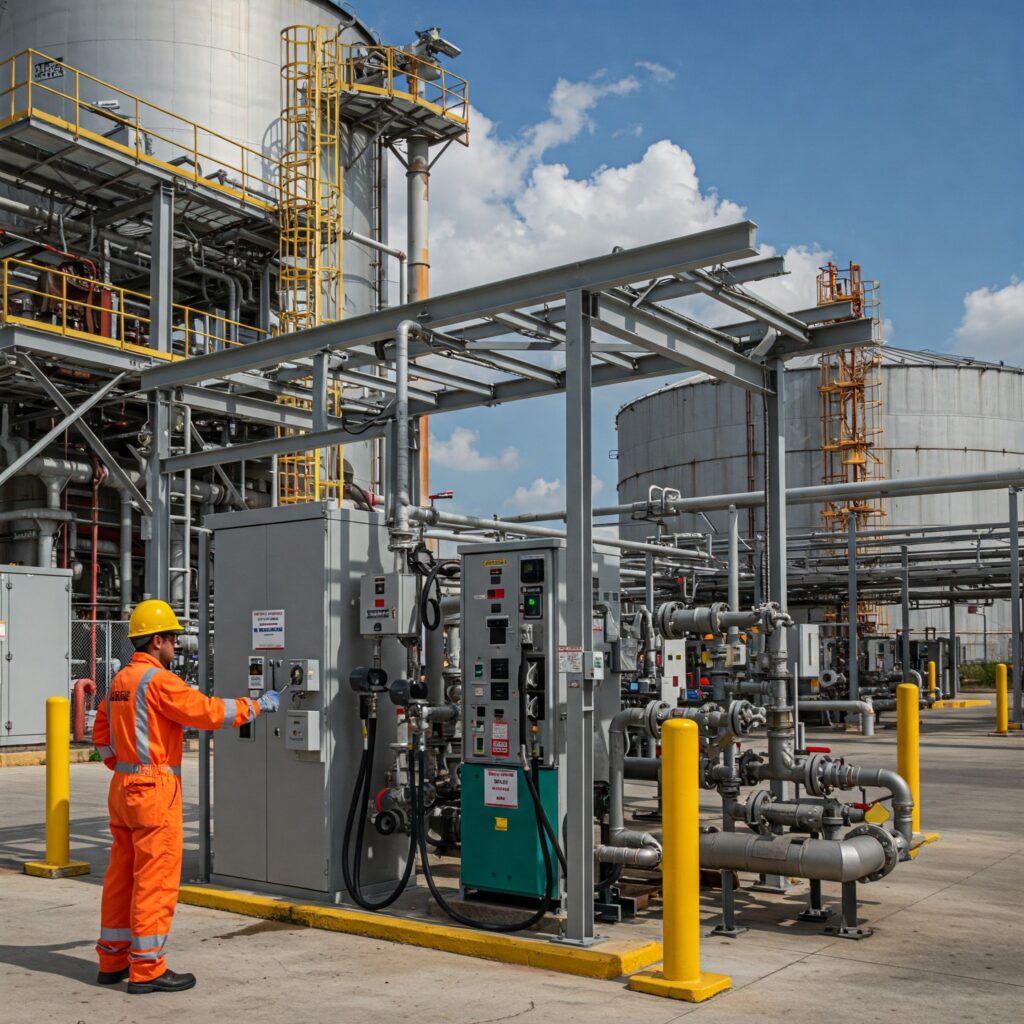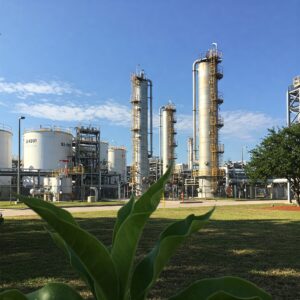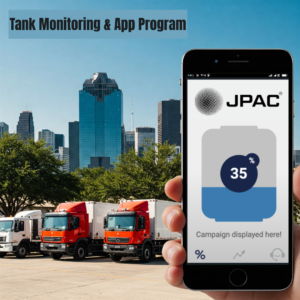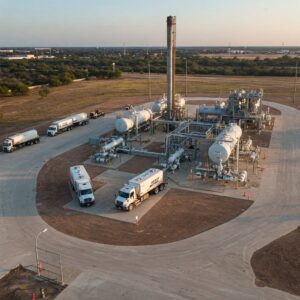Managing fuel efficiently is essential for businesses that rely on transportation, machinery, or large-scale operations. Without proper oversight, fuel expenses can quickly spiral out of control due to waste, theft, or inefficient use. A modern fuel management system provides real-time data, automated tracking, and detailed reports that give companies complete control over their fuel consumption.
In this article, we’ll explore how adopting a fuel management system can simplify fuel tracking, increase operational efficiency, and prevent losses. Whether you’re managing a commercial fleet, operating industrial equipment, or overseeing government operations, a smart fuel management approach can help you cut costs and improve productivity.
How a Fuel Management System Works
A fuel management system combines hardware and software to monitor and manage fuel usage across your operations. It tracks everything from fuel levels and consumption rates to refueling events and engine performance. With clear, real-time visibility, businesses can make data-driven decisions and quickly address any issues that arise.
Here’s how a typical fuel management system works:
- Real-Time Monitoring: Sensors installed on fuel tanks, vehicles, and dispensers continuously send data to a central system. This allows managers to monitor fuel levels, detect irregularities, and identify inefficiencies.
- Automated Reporting: No more relying on manual logs. Fuel data is automatically collected and transformed into easy-to-read reports, giving companies a clear view of their fuel consumption patterns.
- Remote Access and Control: Cloud-based systems offer remote access to fuel data via desktop or mobile devices. Whether you’re at a job site or managing multiple locations, you can monitor and manage fuel use from anywhere.
- Preventative Alerts: A fuel management system can issue instant alerts for unexpected fuel loss, theft, or irregular consumption, allowing you to respond quickly and mitigate potential losses.
- Seamless Integration: Many systems connect with fleet management software, accounting programs, and maintenance platforms to give businesses a complete view of their operations.
With these tools, companies can enhance accountability, optimize fuel use, and reduce waste.
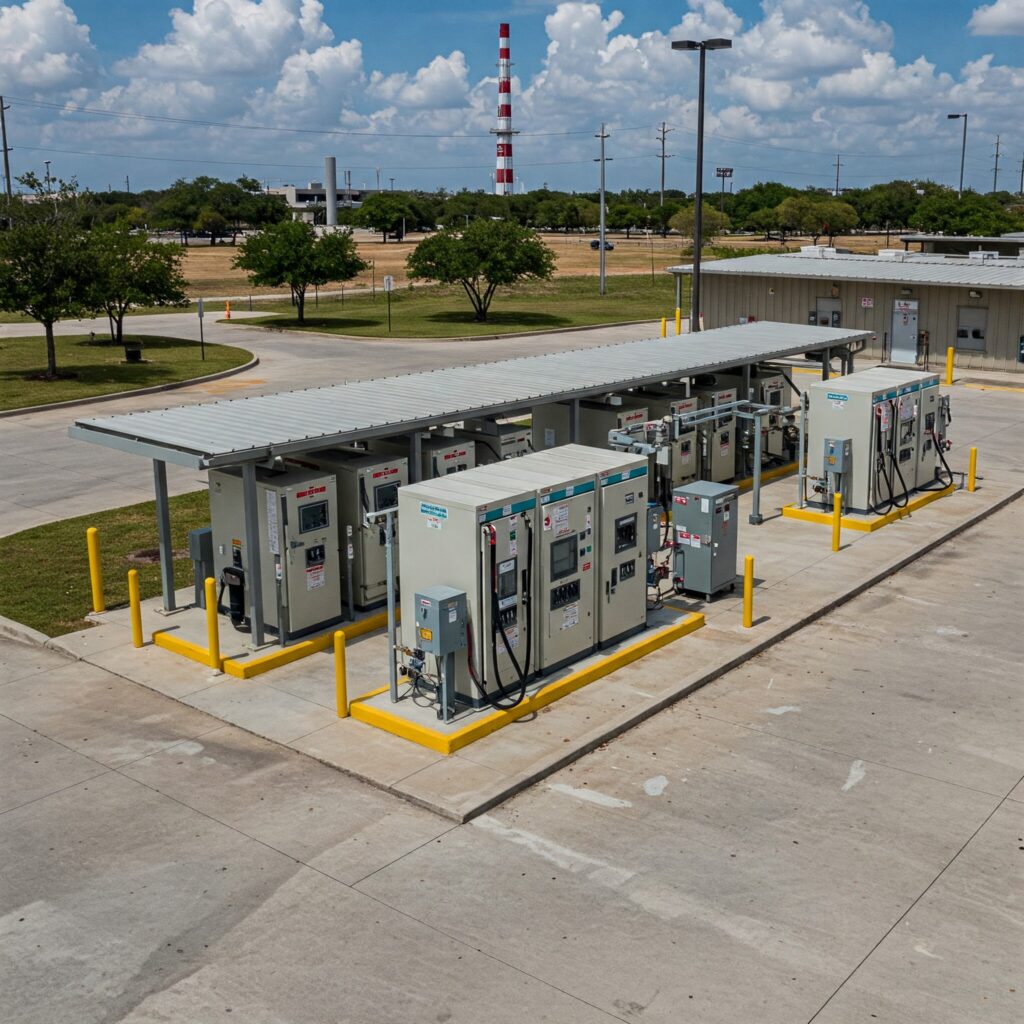
Key Benefits of a Fuel Management System
Investing in a fuel management system offers numerous advantages for companies across industries. From cost savings to operational improvements, here’s how these systems make a difference:
- Reduced Fuel Costs: By detecting inefficiencies and eliminating fuel theft or misuse, companies can significantly reduce overall fuel expenses.
- Improved Fuel Accountability: Every gallon of fuel is tracked, with detailed records available for audits and internal reviews.
- Enhanced Operational Efficiency: Automated processes reduce administrative workload, freeing up valuable time and resources.
- Proactive Maintenance Management: By monitoring fuel consumption and engine performance, a fuel management system can flag potential maintenance issues before they lead to breakdowns.
- Regulatory Compliance: Systems simplify compliance reporting, ensuring accurate, verifiable fuel records for government and industry regulations.
- Environmental Impact Reduction: Monitoring fuel use and identifying inefficiencies helps companies reduce carbon emissions and meet sustainability goals.
Whether you’re operating a large industrial site, running a transportation fleet, or managing military operations, a fuel management system helps ensure your fuel is used efficiently.
Choosing the Right Fuel Management System
Selecting the best fuel management system requires careful consideration of your specific operational needs. Every business is different, so it’s essential to choose a system that aligns with your goals and integrates seamlessly with your existing infrastructure.
Here are some factors to keep in mind:
- Operational Scope: Consider the size of your fleet or site and the number of fuel tanks and dispensers you manage. Larger operations may need more advanced systems with remote access and scalability.
- Data and Reporting Needs: Determine what level of detail you need in your reports. Systems offering customizable, real-time analytics provide greater control and visibility.
- Integration Capabilities: Ensure the system is compatible with your current fleet management, accounting, and maintenance platforms.
- Security Features: Opt for systems with robust security measures, including access controls and automated alerts for unauthorized activity.
- Compliance Support: If your industry requires strict fuel tracking and reporting, choose a fuel management system that generates accurate, audit-ready reports.
A tailored system from JPAC Global Energy ensures your business gets the most from its fuel management investment. Our experts can help you select and implement the right solution for your operations.
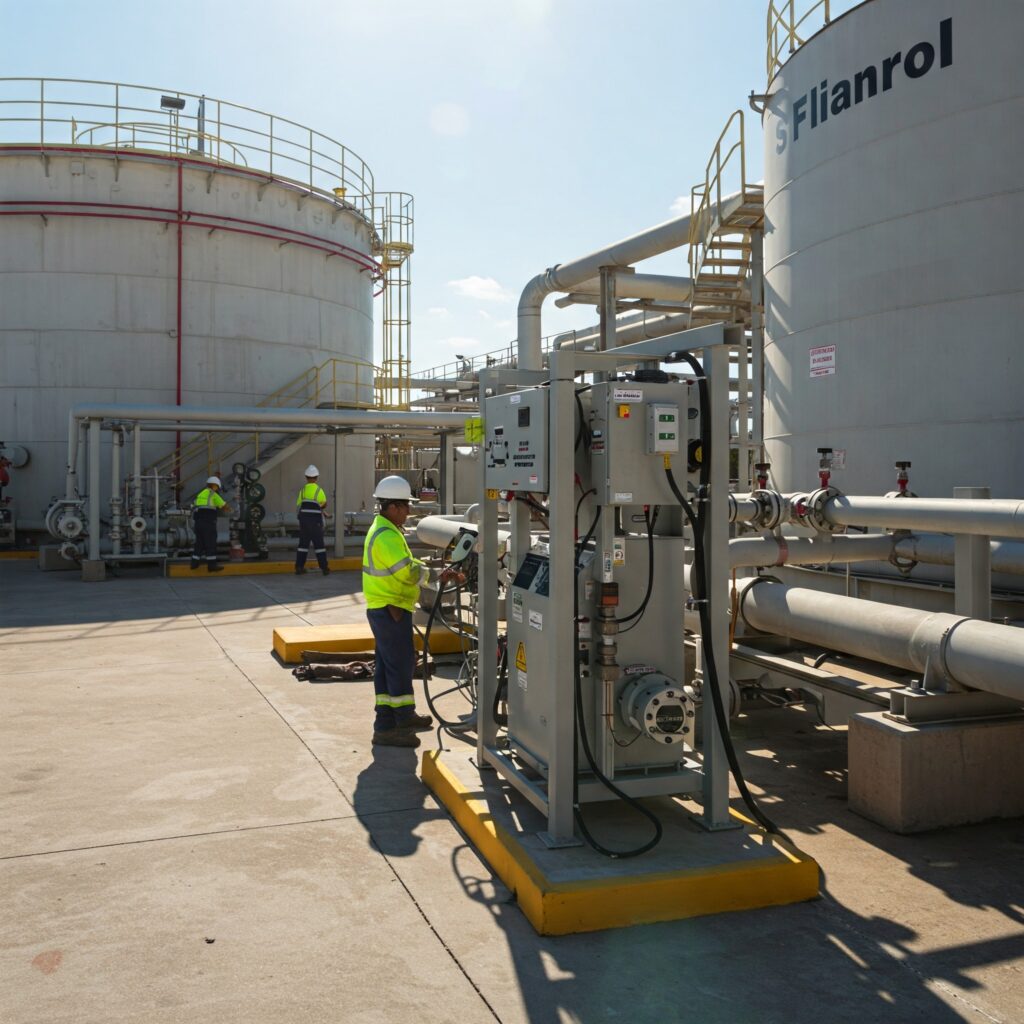
Implementing a Fuel Management System
Once you’ve chosen a fuel management system, the implementation process is critical for its success. Careful planning and execution ensure minimal disruptions and maximum return on your investment.
Follow these steps for a seamless rollout:
- Conduct a Fuel Audit: Evaluate current fuel usage, storage, and distribution processes to identify gaps and inefficiencies.
- Define Clear Goals: Establish key performance indicators (KPIs) to track the system’s success, such as fuel cost reductions or improved reporting accuracy.
- Train Your Team: Provide comprehensive training for employees who will operate and manage the system. Familiarity with system features ensures smooth adoption.
- Integrate with Existing Systems: Connect your fuel management system with other software platforms to gain a unified view of operations.
- Set Up Alerts and Reports: Customize alerts for fuel theft, irregular consumption, or low inventory. Schedule automated reports to monitor trends and spot issues early.
- Monitor and Adjust: Track your KPIs, assess system performance, and make adjustments as needed to ensure long-term success.
With expert support from JPAC Global Energy, your transition to a smart fuel management system will be efficient and effective.
Take Control of Your Fuel Costs with Smarter Management
A modern fuel management system is a game-changer for businesses seeking to reduce fuel costs, increase operational efficiency, and gain complete visibility over their fuel consumption. From real-time monitoring to automated reporting, these systems provide the tools necessary to make informed decisions and eliminate waste.
Whether you manage fleets, industrial machinery, or fuel storage facilities, implementing a fuel management system can lead to significant savings and streamlined operations. Companies across the commercial, industrial, and government sectors are already benefiting from these smart solutions — and so can you.
At JPAC Global Energy, we offer customized fuel management solutions designed to meet your specific needs. Our advanced technology, expert guidance, and ongoing support ensure your fuel management goals are achieved.
Ready to fuel smarter, not harder? Click here to contact us or visit our website now to learn how JPAC Global Energy can help you take control of your fuel management and maximize your operational efficiency.

